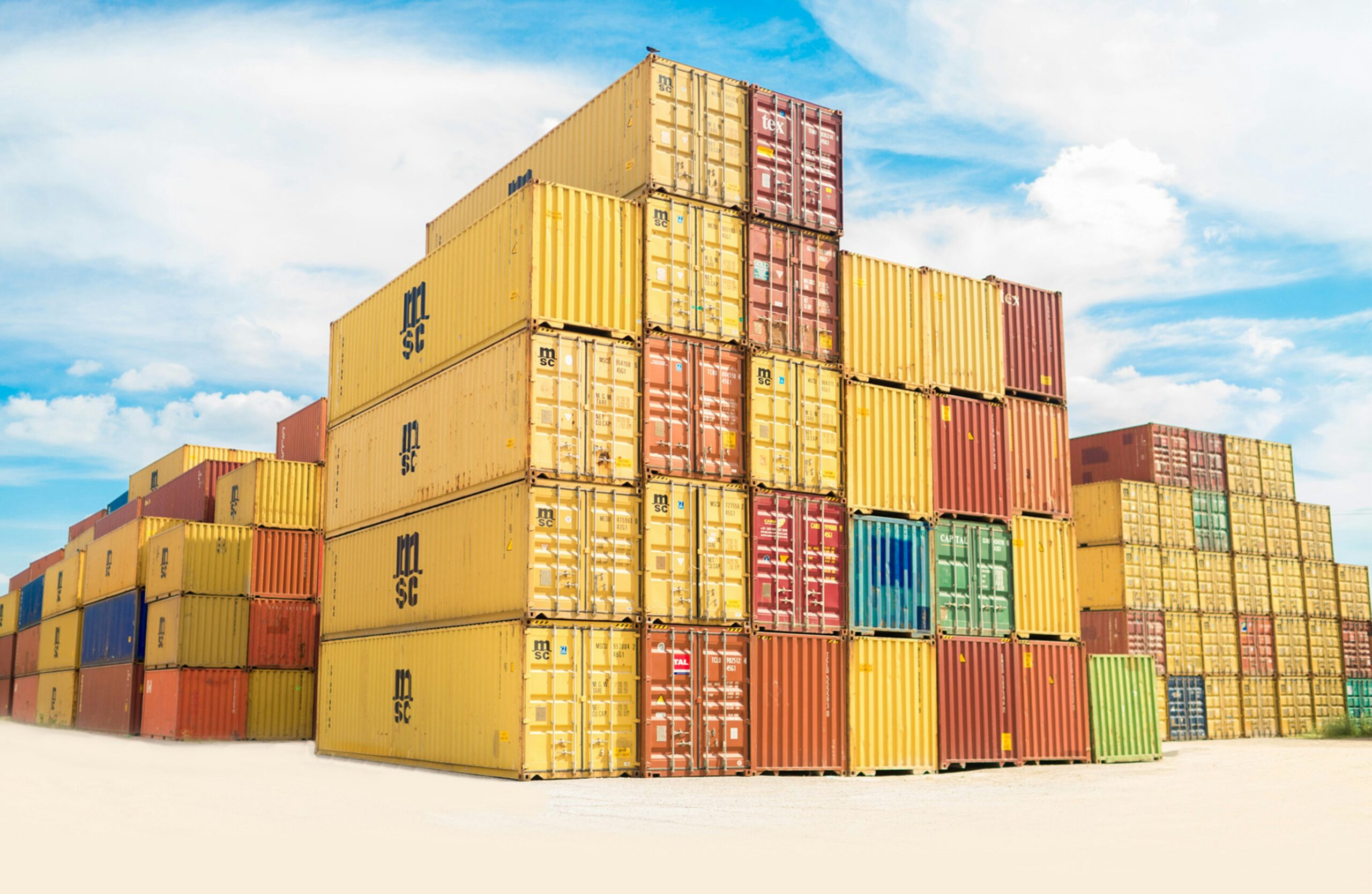After months of escalating tariffs and tense rhetoric, the Trump administration announced a major step forward in its trade negotiations with China. Over the weekend, U.S. and Chinese officials agreed to a temporary tariff reduction, setting a 90-day window to finalize structural changes to the trade relationship. President Trump heralded the talks as a “total reset” and claimed China has agreed to fully open its markets to American goods.
The agreement brings tariffs on most goods imposed after April 2 down to 10%, although key sectors like cars, steel, aluminum, and pharmaceuticals remain unaffected by the rollback. Trump also suggested the tariff structure has already sparked change, with companies like Apple pledging to expand U.S. production.
“The relationship is very, very good,” Trump said. “We’re not looking to hurt China. China was being hurt badly, and they were very happy to be able to do something with us.”
Despite the optimism, some economists and commentators remain skeptical. Charlie Gasparino, writing in the New York Post, suggested the agreement came just in time to prevent a downturn. Gasparino warned that businesses were on the brink of raising prices and laying off workers due to tariff-induced supply chain disruptions.
But market analyst Scott “The Cow Guy” Shellady sees things differently. Speaking on Chicago’s Morning Answer, Shellady dismissed the panic as overblown and praised Trump for addressing long-standing trade imbalances.
“We’ve been getting ripped off,” Shellady said. “It doesn’t take more than a third-grade education to see that. And if you’re going to fix that, it’s going to be uncomfortable. That’s why nobody else tried it.”
Shellady emphasized that Trump is taking political heat not for partisan gain but to fix a broken system that has hollowed out America’s industrial base.
“Other presidents had the same opportunity,” he added. “They didn’t take it. Trump is doing this for the entire country, not just for Republicans.”
On the broader economic outlook, Shellady believes the administration’s moves will lead to modest, long-term benefits. While Trump’s critics predict only marginal improvements—likening the trade revamp to NAFTA’s rebranding as USMCA—Shellady argued that if it even slows intellectual property theft and restores some manufacturing, it’s a win.
“Go back to when China joined the WTO and we signed NAFTA,” Shellady said. “Middle America didn’t just lose jobs. They lost entire towns. If this even reverses some of that, it’s worth doing.”
Turning to domestic policy, Shellady addressed Trump’s proposed tax relief package, which includes eliminating taxes on tips, overtime, and Social Security. He said those planks are essential to deliver on campaign promises. But Shellady drew a hard line against any tax hikes—especially raising the top marginal tax rate for high earners.
“That goes against being a Republican,” he said bluntly. “I still have a scar from ‘No new taxes.’ That hasn’t gone away.”
He also weighed in on the Trump administration’s proposal to impose price controls on prescription drugs, echoing concerns about the U.S. subsidizing pharmaceutical R&D costs while other countries enjoy lower prices.
“I don’t like that the U.S. bears the whole burden,” said Shellady, who lived in the UK for 16 years. “I’ve been treated under their national health system. It’s cheaper for the basics, but when something serious comes up, they fly here.”
Shellady recounted his experience with Britain’s National Health Service, where he said prescription drugs were nearly free but wait times for surgeries could stretch to more than a year. “They’ll usher you in and usher you out,” he joked. “But if you sprain your knee, you better be patient.”
With the U.S. now juggling major tax and trade reforms while eyeing changes to drug pricing, Shellady remains optimistic that progress—even if slow—is finally being made after decades of inaction.
“You might not see the real change until after Trump leaves office,” he concluded. “But that’s exactly why he’s the only one who could’ve done it.”





